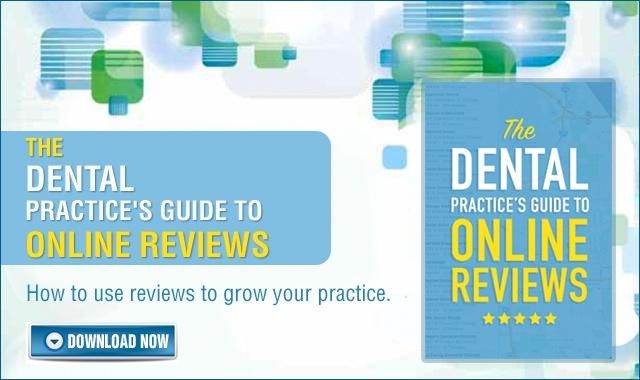The top 10 dental discoveries of 2016
We take a look at some of the most interesting and engaging dental studies and discoveries from 2016.
2016 has been an astounding year for dental advancements, from emerging technology and new products, to scientific discoveries and research breakthroughs.
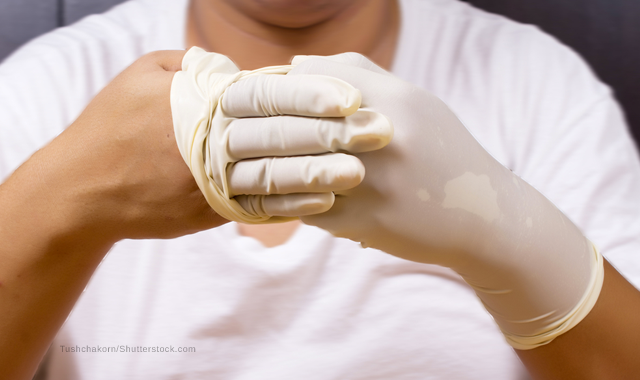
The field of dental research had an especially impressive year, with new developments and discoveries emerging seemingly every day. We compiled a list of the top 10 most innovative, exciting and game-changing research studies published in 2016, all of which are paving the way for what is sure to be an exceptional next year of dental advancements.
Up next: Check out all the new discoveries that emerged in 2016!


Link discovered between oral health and low testosterone in men
More than 20 species of macaques, the most widely distributed nonhuman primates in the world, socialize in lively troops and make frequent appearances on National Geographic documentaries. But, what can we learn from one of our closest primate relatives about our own oral health?
Quite a bit, according to findings from a retrospective study done by Texas A&M University Baylor College of Dentistry researchers. Their work, which was recently published in the American Journal of Physical Anthropology, indicated that lack of testosterone left these monkeys with periodontal disease.
Click here to read the full study


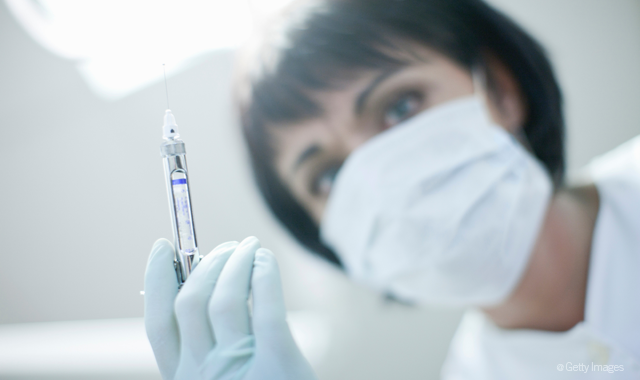
New research discovers way to eliminate needles for dental anesthetic
It may be scary to get into the dentist’s chair, but thanks to new research, there’s one thing uneasy patients might not have to worry about anymore: needles.
Click here to read the full study


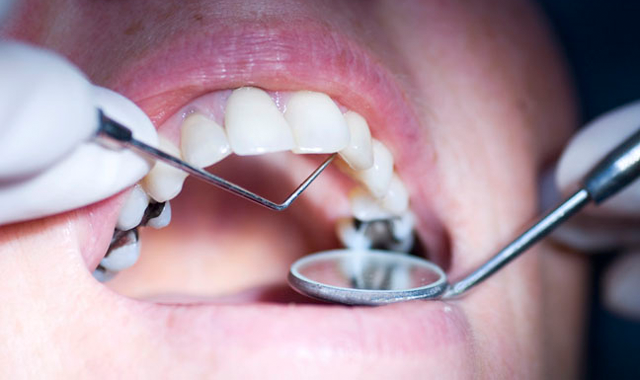
Composite restorations of the future may be made of glass
A few years from now, millions of people around the world might be walking around with an unusual kind of glass in their mouth, and using it every time they eat.
Click here to read the full study


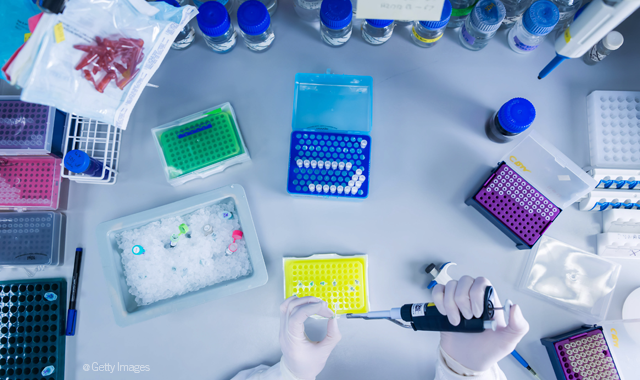
Gum disease linked to highly deadly cancer
In recent months, gum disease has been linked to increasing number of major health problems-and researchers have now discovered another illness to add to the list.
Click here to read the full study


Advertisement


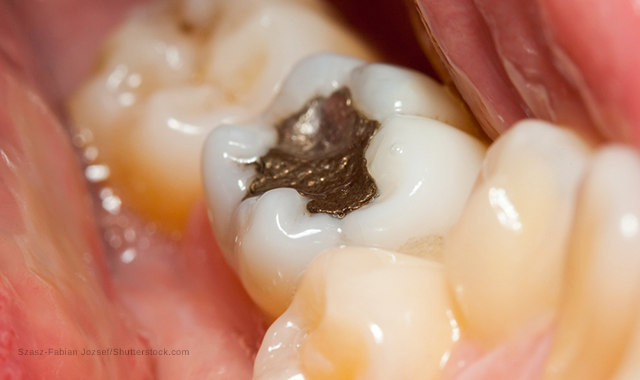
Having multiple fillings could cause toxic levels of mercury in blood
Extended mercury exposure can be particularly dangerous to a one’s health-and a new study has found that the danger is greatly exacerbated in patients with eight or more dental fillings.
Click here to read the full study


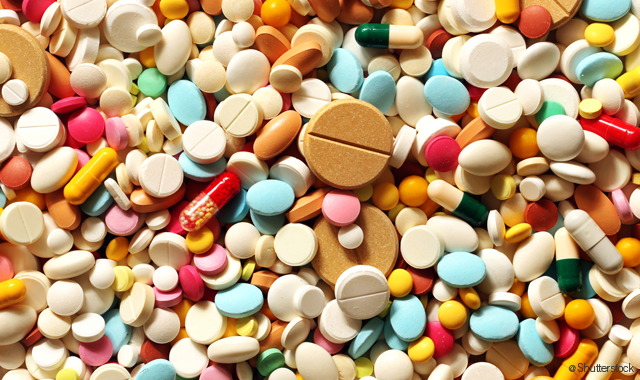
Preventing cavities may soon be as simple as popping a pill
Harmful bacteria can be powerful and hard to combat, but researchers at the University of Florida have found a way to fight fire with fire.
Click here to read the full study


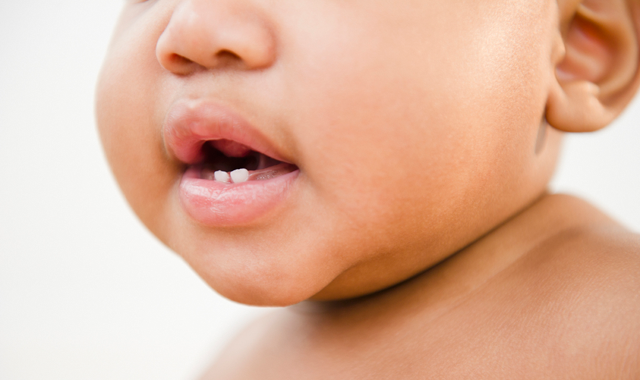
Chemicals in water bottles, food containers may permanently damage children's teeth
Chemicals commonly found in plastics and fungicides may be weakening children’s teeth by disrupting hormones that stimulate the growth of dental enamel, according to a new study presented today at the European Congress of Endocrinology.
Click here to read the full study



Mouthbreathers at higher risk of tooth decay
Mouthbreathers beware: Annoying your spouse isn’t the only downside of breathing through your mouth while you sleep. A new study has found that people who breathe through their mouth while sleeping are at a higher risk for tooth decay.
Click here to read the full study


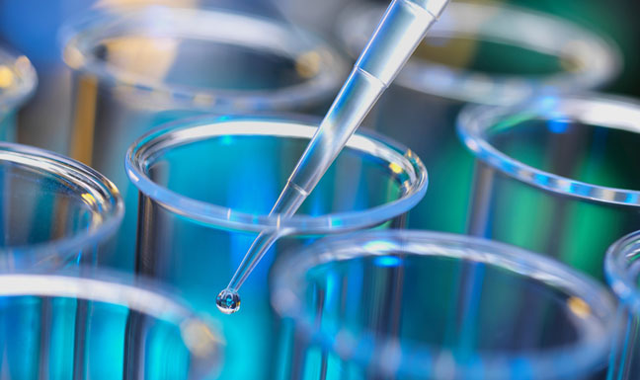
Common oral bacteria could treat troublesome illness
Researchers have isolated an enzyme from bacteria present in human saliva that has potential as a therapy for celiac disease (CD), an autoimmune disorder that causes severe digestive and other health problems among sufferers when they consume gluten.
Click here to read the full study


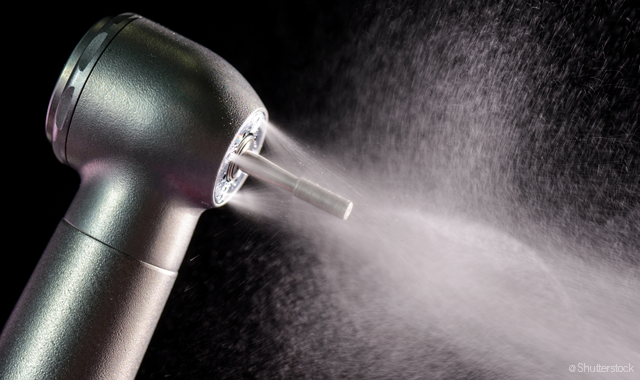
New discovery could reduce need for dental drilling
The days of the dreaded dental drill-and-fill as the standard solution for tooth decay may be numbered if a discovery by a Creighton University School of Dentistry professor continues to advance.
Click here to read the full study

